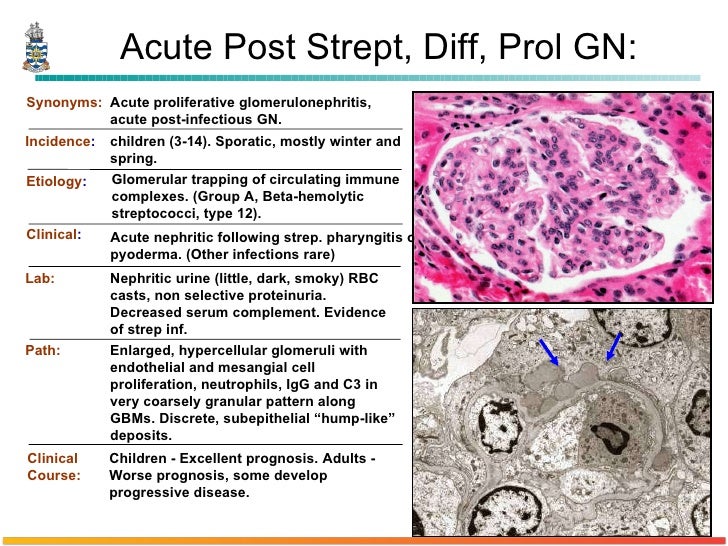
In the acute phase, neurohormonal activation seems to be beneficial in terms of maintaining adequate cardiac output and peripheral perfusion.

Neurohormonal activation is recognized to play a pivotal role in the development as well as the progression of heart failure. Heart failure represents a complex syndrome in which an initial myocardial insult results in the over-expression of multiple peptides with different short- and long-term effects on the cardiovascular system. Heart failure with reduced ejection fraction. The understanding of the pathophysiology of heart failure has evolved significantly over the last decades, from the hemodynamic model to the neurohormonal paradigm. Other causes, such as scarred myocardium or infiltrative cardiomyopathy, are currently considered irreversible. Stunned and hibernating myocardium: where are we nearly 4 decades later? J Am Heart Assoc. 2013 ACCF/AHA guideline for the management of heart failure: a report of the American College of Cardiology Foundation/American Heart Association Task Force on Practice Guidelines. It should be emphasized that many of these causes may be completely reversible given appropriate and timely treatment/intervention (e.g., revascularization for stunned or hibernating myocardium standard therapy for peripartum or hypertensive cardiomyopathy valvuloplasty or valve replacement for valvular heart disease standard treatment and adjunctive rate control therapy for tachycardia-induced cardiomyopathy and cardiomyopathy related to sepsis and stress). Uncontrolled hypertension depresses systolic function by increasing the afterload against which the failing ventricle must pump blood, and may be the first clinical manifestation. Tachyarrhythmias also decrease the diastolic ventricular filling time and increase myocardial oxygen demand. Some of these conditions tend to increase metabolic demand, which may not be matched by a sufficient increase in cardiac output by the failing heart.

Groenewegen A, Rutten FH, Mosterd A, et al. Nutritional deficiencies: thiamine, protein, selenium, L-carnitineĪlthough Chagas disease is an uncommon cause of congestive heart failure in Europe and North America, it is an important cause of heart failure in Central and South America. Systemic collagen vascular diseases: lupus, rheumatoid arthritis, systemic sclerosis, polyarteritis nodosa, hypersensitivity vasculitis, Takayasu syndrome, polymyositis, reactive arthritisĬhemotherapy-induced: for example, adriamycin, trastuzumab Infection: bacterial, fungal, viral (HIV), Borrelia burgdorferi (Lyme disease), parasite (e.g., Trypanosoma cruzi )Įndocrine disorders: diabetes mellitus, thyroid disease, hypoparathyroidism with hypocalcemia, pheochromocytoma, acromegaly, growth hormone deficiency

Toxin-induced: heroin, alcohol, cocaine, amphetamines, lead, arsenic, cobalt, phosphorus Infiltrative diseases: amyloidosis, hemochromatosis, sarcoid 2013 Oct 15 62(16):e147-239.Ĭommon causes of chronic heart failure include: 2016 ESC guidelines for the diagnosis and treatment of acute and chronic heart failure: the task force for the diagnosis and treatment of acute and chronic heart failure of the European Society of Cardiology (ESC). There are numerous and varied causes of heart failure.


 0 kommentar(er)
0 kommentar(er)
